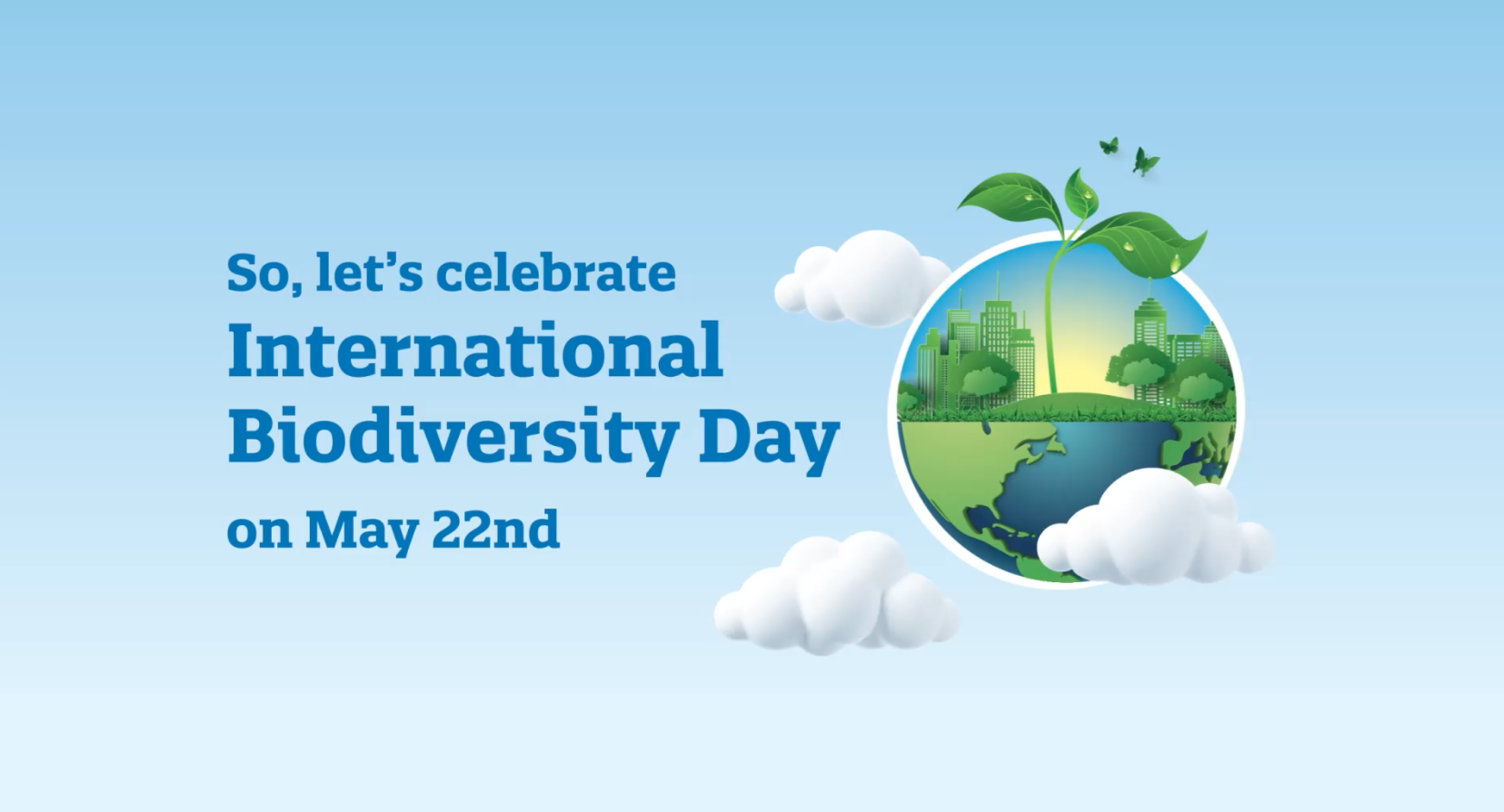



Earthmade makes a difference! Along our journey, we’ve come to an important realization: the only way to feed the world in a healthy way without destroying the environment is an agricultural system free from chemicals. So what do we do about it? Our scientists have stepped in and offered an alternative way of looking at things: we worked with nature instead of against it, and we harnessed a technology that makes our farms a better home for your food.
To aid us in this process, we put a strong emphasis on biodiversity. Biodiversity is the variety of all living things and their interactions. It involves conservation and restoration of natural habitats, as well as promoting sustainable practices.
Biodiversity changes over time as extinction occurs and new species evolve. Scientists often speak of three levels of diversity: species, genetic, and ecosystem diversity. Species diversity refers to the number of different species within a specific region or area, genetic diversity refers to the level of diversity within a given species, and ecosystem diversity refers to the variety of ecosystems in a given region or area.
As we work to appreciate and understand biodiversity through our sustainable farming practices, another crucial element comes into play: Biocentrism.
Biocentrism is an ethical worldview that states that all living things carry an inherent value and are therefore to be considered morally. Humans are one species among countless others to which we are connected and on which we depend. Viewed that way, everything we do has repercussions and carries responsibilities. In that vein, our highest priorities must be to stop polluting the biosphere and clean up what we’ve already dumped into it. Most importantly, we have to return to the biocentric view that we are biological beings, as dependent on the rest of nature for our survival and well-being as any other.
Some examples of practicing biocentrism include embracing vegetarianism, being anti-deforestation, opposing the fur trade, opposing animal testing, and of course, growing food without the use of chemicals.
This month, we celebrate International Biodiversity Day on May 22nd to increase understanding and awareness of biodiversity issues. This year’s theme is “From Agreement to Action: Build Back Biodiversity.” The theme comes in conjunction with the adoption of the Kunming-Montreal Global Biodiversity Framework at COP 15 which aims to halt and reverse natural damage through the agreement of 188 governments committed to address the ongoing loss of terrestrial and marine biodiversity.
Through the lens of biodiversity and biocentrism, Earthmade better understands how the earth works. Biocentric ethics call for a rethinking of the relationship between humans and nature, and that nature does not exist simply to be used or consumed by humans. We are part of an ecosystem, and any actions that negatively affect the living systems of nature, adversely affect us as well. At Earthmade, we study the ethics of biocentrism, and the processes of biodiversity, and do our part to promote the safest, healthiest living possible, all while striving to be 100% Good!
Be our cheerleader! There are multiple ways you can support Earthmade, even if you aren’t a farmer or industry professional. Help us out by socializing online, downloading information, and getting the word out! Everyone can benefit from Earthmade, and can do something that is 100% Good for the earth!
We are always looking for partnerships, industry professionals, educators, scientists, and distributors to help us make a difference! Get in touch if you are interested in helping us spread our mission and showing your support for better food, better health, and a better earth.
It is Earthmade’s goal to form a strong global connection of farmers, and to find partners that share our vision of making a difference across the globe in sustainability. If you know someone that can help us fulfill our mission, refer them to us!
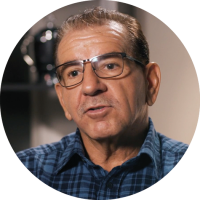
Mike Dobbins is developing bio inputs to replace pesticides, herbicides and chemical fertilizers. His mission is to give farmers the tools they need to produce 100% chemical free food at the scale needed to feed the 9.8 billion people that will soon inhabit the earth. “If you want to look after biodiversity, and you want to improve our soil health, and you want to improve our chronic illness growth, we have to have NO chemicals. And in all fairness there has not been, on a worldwide basis, a solution to the problem.




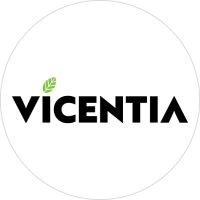
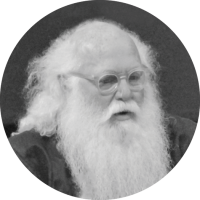

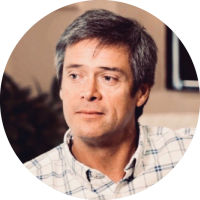
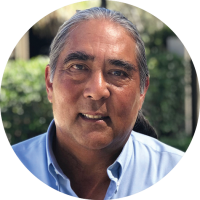
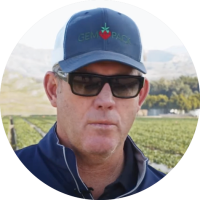
Mike Etchandy is a fourth generation organic and conventional Orange County strawberry farmer. Jaded by the ambiguous organic certification system and the heavy metals it relies on, he has been testing new bio inputs on his strawberry fields to reduce his dependence on harmful chemicals.